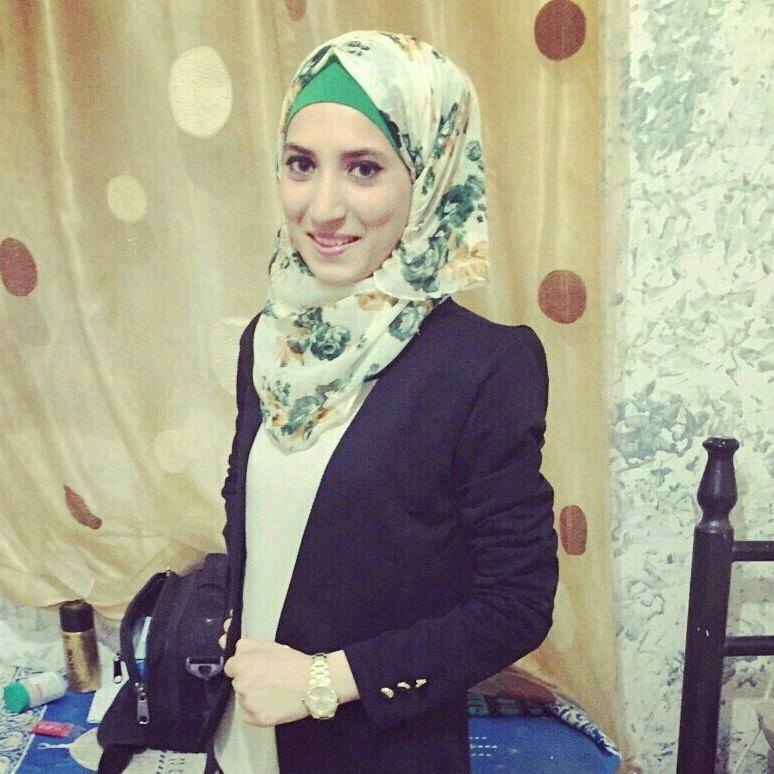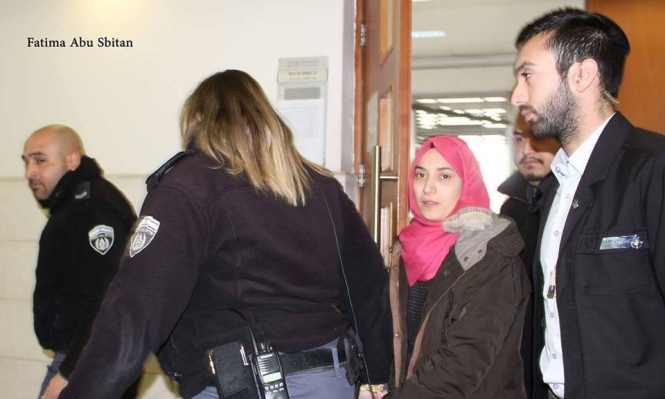 In another example of the lengthy sentencing practices especially targeting Palestinian youth and women in Jerusalem, Shorouq Dwayyat was sentenced to 16 years in Israeli prison by a Jerusalem court on Sunday, 25 December. Dwayyat, 19, from the village of Sur Baher, was also fined 80,000 NIS (approximately $21,000.) She was shot by an Israeli settler and seized by occupation forces on 7 October 2015 in eastern Jerusalem and accused of attempting to stab an Israeli settler. Witnesses reported that she was harassed by the settler prior to the alleged incident.
In another example of the lengthy sentencing practices especially targeting Palestinian youth and women in Jerusalem, Shorouq Dwayyat was sentenced to 16 years in Israeli prison by a Jerusalem court on Sunday, 25 December. Dwayyat, 19, from the village of Sur Baher, was also fined 80,000 NIS (approximately $21,000.) She was shot by an Israeli settler and seized by occupation forces on 7 October 2015 in eastern Jerusalem and accused of attempting to stab an Israeli settler. Witnesses reported that she was harassed by the settler prior to the alleged incident.
Dwayyat is a student at Bethlehem University who was studying history and geography. She graduated from high school, achieving a result of 90% in the national secondary Tawjihi examinations in 2015.
Classes at the university were cancelled for two days after her shooting and arrest in October 2015.

Dwayyat was severely injured by the four bullets lodged within her body, unlike the Israeli man she was accused of attempting to stab, who suffered no serious injuries. Following the court’s ruling, the Israeli Interior Ministry stripped the imprisoned Dwayyat of her Jerusalem residency, claiming “breach of trust,” using the case as a mechanism to further the Israeli state policy of attacking Palestinian existence in Jerusalem. Amjad Abu Assab of the Prisoners’ Committee in Jerusalem said that “this is a racist policy…with the aim of killing the spirit of challenge by Jerusalemites and preventing any manifestation of rejection of occupation in the occupied city of Jerusalem.”
She is one of 52 Palestinian women – including 12 minor girls – imprisoned in HaSharon and Damon Israeli prisons and now is serving one of the longest sentences. The longest-held Palestinian woman prisoner, Lena Jarbouni, is serving a 17-year sentence in Israeli prison. The recent trend of particularly elevated sentences include those against Maysoon Musa (15 years), Nurhan Awad (13.5 years) and Israa Jaabis (11 years).
Discover more from Samidoun: Palestinian Prisoner Solidarity Network
Subscribe to get the latest posts sent to your email.




